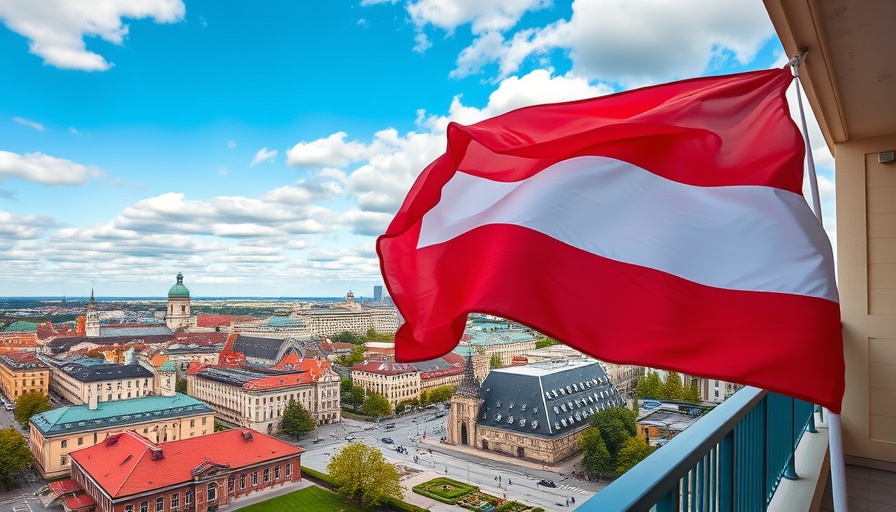
Poland's Critical Election: The Role of Tax Policy in National Security
As Polish voters prepare for the second round of their presidential election on June 1, the discussion around tax policy has taken center stage. With the ever-present backdrop of Russia's aggressive maneuvers in Ukraine, candidates are seeking ways to bolster domestic revenue while ensuring economic growth. In a country striving for increased defense capabilities, the next president's approach to taxation could significantly impact Poland's financial stability and security.
Understanding Poland's Tax Challenges
Poland currently ranks 31st out of 38 OECD countries in the International Tax Competitiveness Index, highlighting its fragmented tax system. Structural issues, like a narrow VAT base limited by numerous exemptions, and an uncompetitive corporate tax framework, contribute to an inefficient system prone to economic losses. With a business tax regime that penalizes investment, it's crucial for candidates to propose reforms that encourage growth rather than stifle it.
The Implications of Tax Reforms on Economic Growth
As the economy projects a growth of 3.5 percent in 2025, striking a balance between revenue generation and sustainable economic health is paramount. A simplified tax code that promotes investment will not only enhance fiscal revenue but also fortify Poland's resilience against external threats. Candidates must prioritize tax reforms that are less distortionary and that broaden the tax base without imposing excessive burdens on taxpayers.
The Path Forward for Poland's Tax Policy
Given the current political landscape, the responsibility lies heavily on Poland's future leadership to navigate these challenges. By committing to sound tax strategies that support investment and economic growth, they can create a more favorable environment for businesses and citizens alike. Ultimately, the ability of the new president to address these tax issues effectively will play a crucial role in shaping Poland's future, both domestically and on the global stage.
 Add Row
Add Row  Add
Add 




Write A Comment